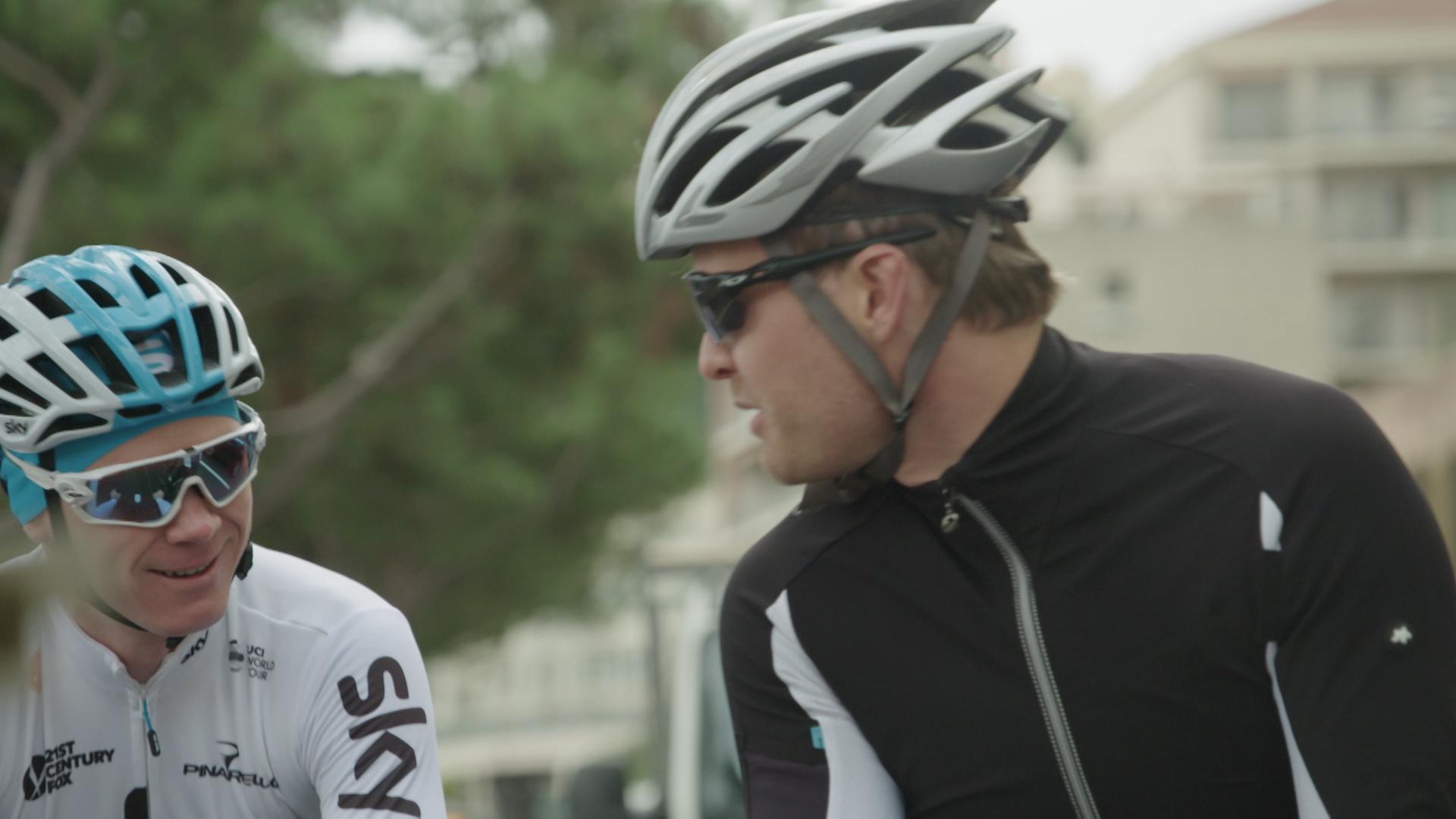Formula 1: Why sport has taken a big step forward
- Published
- comments
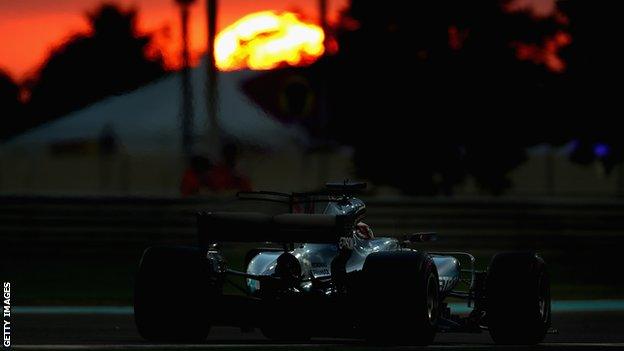
Lewis Hamilton won nine of the 20 F1 races in 2017
The Abu Dhabi Grand Prix ended the Formula 1 season with a whimper rather than a bang, and perhaps that was appropriate for a year that for a long time was building into a classic, only to fizzle out when it mattered.
Lewis Hamilton did not have quite enough to pass his Mercedes team-mate Valtteri Bottas, on a track where racing has always been notoriously difficult, and had to settle for second behind the Finn, as the world champions sealed a result that was about as perfect for the team as it could have been.
Waiting to go out on to the podium afterwards, Hamilton expressed what everyone had been thinking: "Impossible to pass here, man," he said to Bottas and third-placed Sebastian Vettel. "I was like, 'Where are all the friggin' back markers?' I think they've got to change this track."
It was a grand prix that once again underlined the flaws in holding the final race of the season at a place that has a lot going for it as a pleasant destination where everything works and the weather is reliable, and not much as a venue for a great motor race. But it - and the weekend in general - also highlighted some of the issues facing the sport as a whole.
Was Hamilton trying his hardest?
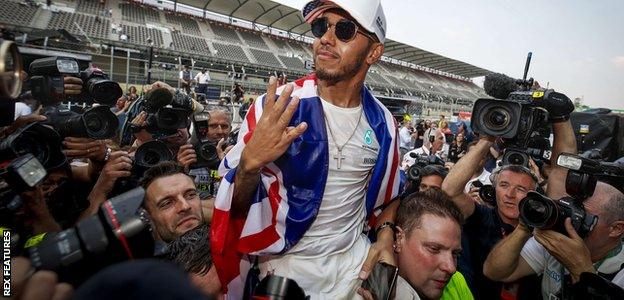
Hamilton had already won the drivers' championship title at the Mexican Grand Prix in October
There was some suspicion after the race that perhaps Hamilton had not been pushing as hard against his team-mate as he might have been had it been Vettel in front of him, but he dismissed that afterwards.
Bottas said that Hamilton had told him during the team's post-race briefing that he had been pushing as hard as he could and the Briton confirmed that shortly afterwards.
"To get as close as I was showed I had good pace," Hamilton said, "but when you get to within 1.1-1.2secs the car just loses grip. I did a lot of rallying today."
Hamilton did indeed have good pace; he took 0.7secs out of Bottas on his first flying lap after his pit stop, but the Finn always did just enough to hold him off.
Hamilton was somewhat confused as to how he came out behind after his pit stop on lap 24, having been told he was 1.7secs up before it, but the key to that was Bottas setting a new fastest lap, fully 0.8secs faster than he had been on the previous tour.
After that, the difficulties created by a track that has two long straights to facilitate overtaking, but wrecks it by then having a twisty final sector that features corner after corner that accentuates the fundamental flaws of the current F1 cars.
"A race like today is not the best advert for Formula 1," said Red Bull team boss Christian Horner. "We're better than that. Of course, it's only one event and there have been some great races this year."
A big step forward for the sport
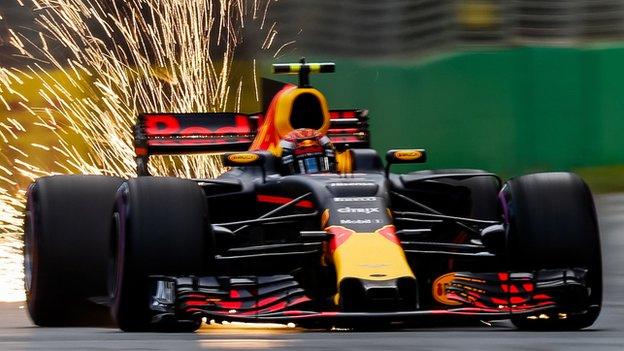
The 2017 season saw a return to wider cars and fatter tyres
The drivers warned before the season that the new rules, which introduced wider cars with much more downforce, would make overtaking more difficult, and they have returned to the point over and over again during the season.
They are right, of course. But on balance F1 2017 has been a step forward over the years that immediately preceded it.
The wider cars - back to the size they were before they were narrowed for the 1998 season - have returned F1 machines to the muscular proportions that made them so attractive before that.
The cars are not only more dramatic but visibly faster and more exciting to watch, both for aficionados and casual fans.
Their greater speed - cornering speeds are up by about 20mph in the faster corners - has returned the joy of driving back to the men who do it, and who are the reason most of the fans tune in to watch in the first place.
The wider tyres have also helped the aesthetics, and supplier Pirelli has more or less met its targets in producing tyres that have allowed the drivers to push much harder throughout races.
That in itself has made the racing much more authentic, which has been one of the biggest single improvements this season.
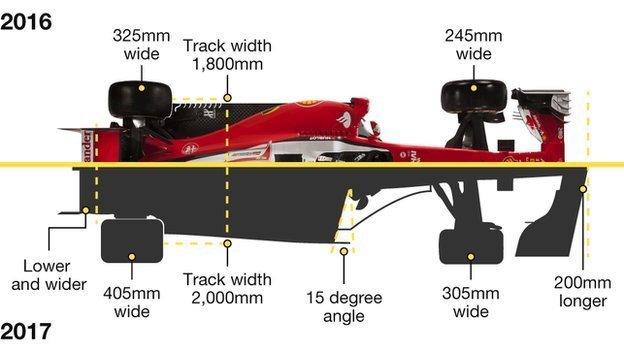
Watching a grand prix, one now knows that these are the best drivers in the world driving the fastest cars more or less as fast as they can go, rather than tootling about lapping seconds off the pace to manage stint lengths as they had been from 2011-16.
The tyres are not perfect - they still require a little too much thermal management, and they could do with being softer, as long as that does not mean losing their push-on characteristics - but as a first step in the right direction it has been a major positive.
A real title fight, too
On top of better, faster cars, and more race-able tyres there has been - or at least was for the majority of the season - a full-on title battle between two great drivers in two different teams.
For 13 of the 20 races, Hamilton v Vettel, Mercedes v Ferrari was shaping up to be one of the all-time great fights.
Four race wins each in the first half of the season, the two were separated by just three points after the Italian Grand Prix in early September. Then, as has been well-documented on this site already, Ferrari imploded and handed the title on a plate to Hamilton.
It would have been a lot closer had Vettel not had his red-mist moment of driving into Hamilton in Baku, his start-line pile-up in Singapore and the engine problems that cost him a net total of nearly 40 points in Malaysia and Japan.
Nico Rosberg: How to beat Lewis Hamilton to the title
The way Mercedes - and particularly Hamilton - have stepped things up in the second part of the season suggests that in the end the titles would have gone the way they did.
But Mercedes' advantage in Abu Dhabi was flattered by Ferrari's decision to turn down Vettel's engine to ensure he finished the race and clinched second in the championship, and it will forever remain a mystery what would have happened had Vettel and Ferrari been as consistent and reliable a partnership as Hamilton and Mercedes throughout the season.
Vettel said: "Overall we were not quick enough. Simple as that. In the end you can break it down to a lot of details and this and that but overall the package wasn't good enough.
"In the end Mercedes was better, they were faster - look at the amount of pole positions, of race wins. It's a straight fight and they just did better but again I want to emphasise the positives for us.
"The positives outweigh the disappointments we had here and there over the year, because you must not forget where we have been 12 months ago and the incredible achievement that's come together over the winter to set up this year, and throughout the season to keep improving the car, the engine.
"If we keep doing that I'm confident that we can be in a better place next year."
What next?
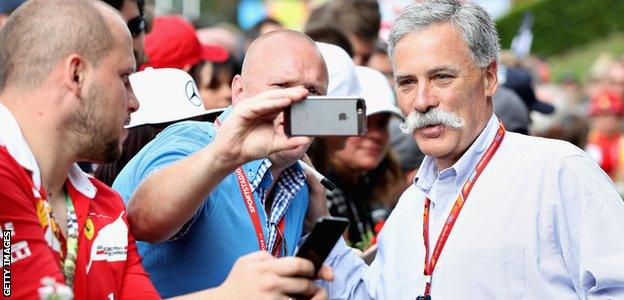
The new Formula 1 boss Chase Carey has his work cut out to keep teams and fans happy
On the face of it, 2018 should provide another close fight between Mercedes and Ferrari.
There is a slight concern that if Mercedes iron out the weakness of what team boss Toto Wolff calls their "capricious diva" of a car, they might become dominant again. But the rules are staying stable, bar a few minor tweaks, and one would expect based on the pattern of the season the two teams to make similar progress over the winter and Wolff seems to agree.
"We did not expect Ferrari this year and from the get-go they had a very good car, so we mustn't discount anybody," he said.
"Today it looks like it will be Ferrari and Red Bull (as the main rivals) but I am curious to see where McLaren and Renault are going to come out as the teams that have the resources. But I wouldn't want to write anybody else off because the rules stay the same so it could be a very competitive season."
Before then, there is a winter to get through. The teams will be hard at work on their new cars, but their bosses will be just as busy dealing with the growing political tensions in F1.
The sport's owners, Liberty Media, have made a lot of changes this season - including actually trying to market F1 for the first time, opening up social media, making the fan experience better and, on Sunday, launching a new logo that they feel better fits the digital age than the one that has served F1 for 23 years.
But that is just window-dressing on the wider issues, over which concern is growing among the teams.
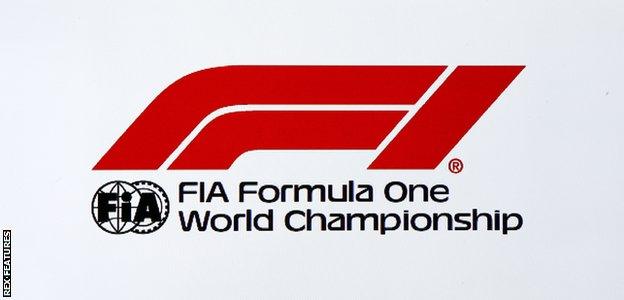
Formula 1 unveiled a new logo for the 2018 season after the Abu Dhabi Grand Prix
Revenue is dropping next year. And Liberty are not making any friends with the ways they are handling some of the bigger questions. There is a row brewing over the future of engines post-2020, and the sport's biggest television market - Germany - does not yet have a free-to-air broadcaster in 2018 because RTL is yet to renew its contract. Another major market - the UK - is losing its free TV in a year's time.
Teams accept the new owners needs to invest to grow, but are clearly expecting revenues to go back up again in a couple of years. Meanwhile, they are complaining about a slightly haphazard approach to some of the changes they are trying to introduce - even if it is with the best intentions.
And while the drivers support the plan to look at the design of the cars to make it easier to follow and overtake, they feel that the fact that it was their idea in the first place has been somewhat forgotten.
Leading drivers were really quite cross about the fact that F1 sporting boss Ross Brawn made a presentation to them on Friday in Abu Dhabi on his plans to look at the cars' design, but made no acknowledgement whatsoever of the drivers' own involvement in the process.
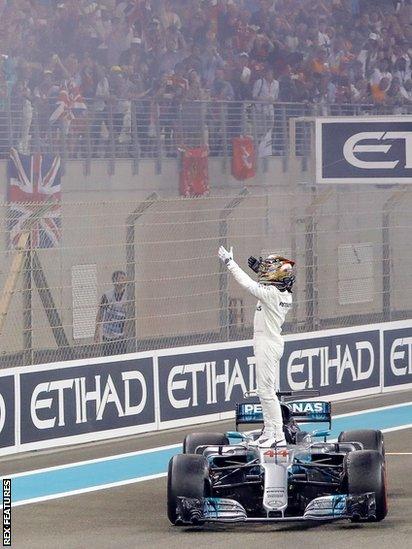
Lewis Hamilton celebrates with fans at the Abu Dhabi Grand Prix
Meanwhile, the F1 Group has still not provided any detail on its plans for the future despite nearly a year of saying that they have lots of them.
Commercial boss Sean Bratches was asked to provide more information as he launched the new logo, but his response was dismissive.
"The opportunity Liberty saw when they invested in the sport was one that was under-managed and under-invested in," he said. "We had to make an investment today for the future.
"Notwithstanding certain select comments in the press, I think the teams directionally understand that F1 needs investment, and we are having many conversations. From a general standpoint, they are optimistic in terms of what the opportunities are and it's early in the game.
"We have accomplished a significant amount in terms of building an organisation and starting the process. This is a journey and not a destination. We have great aspirations for this sport.
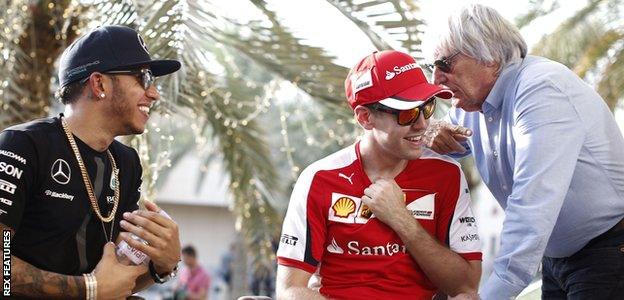
'I'll get my coat.' Bernie Ecclestone's 40-year reign as Formula 1 chief executive ended in 2017
"It is not something you just flick a switch and things happen. Things need to be invested in and nourished and brought to market.
"You will continue to see a cadence of announcements and changes. There is more to come. We are working on those plans but we are not going to sit here right now and enumerate our visions for the sport.
"We are working hard and when we have something to announce, we will let you know, but I can assure you we are working 24/7 to make this sport as great as it can be because we believe there is a great opportunity."
There is a meeting scheduled next month at which Liberty say they will give the teams information on their next steps. They will have to do better than that if the natives are not to grow increasingly restless.
- Published26 November 2017
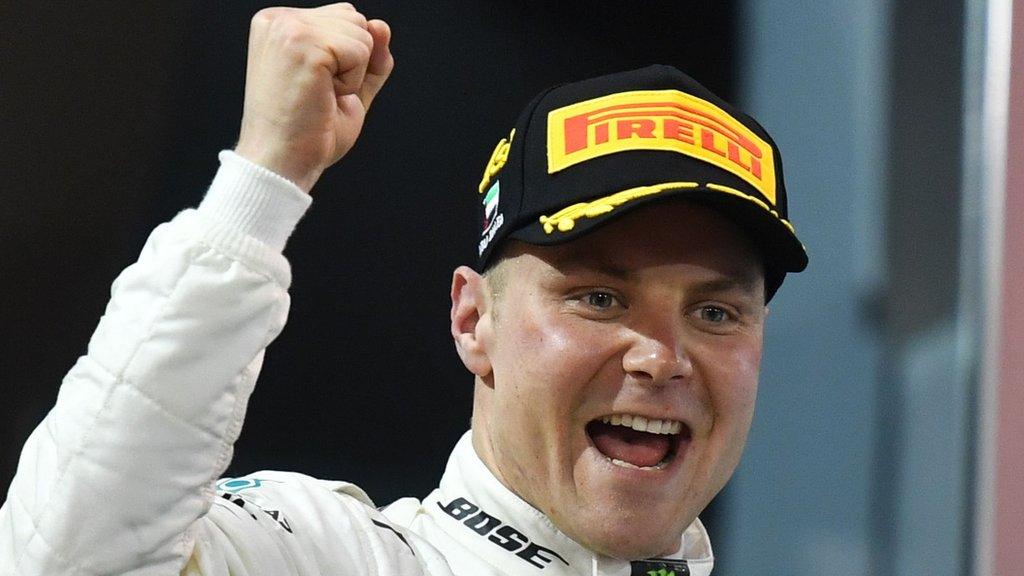
- Published19 November 2017
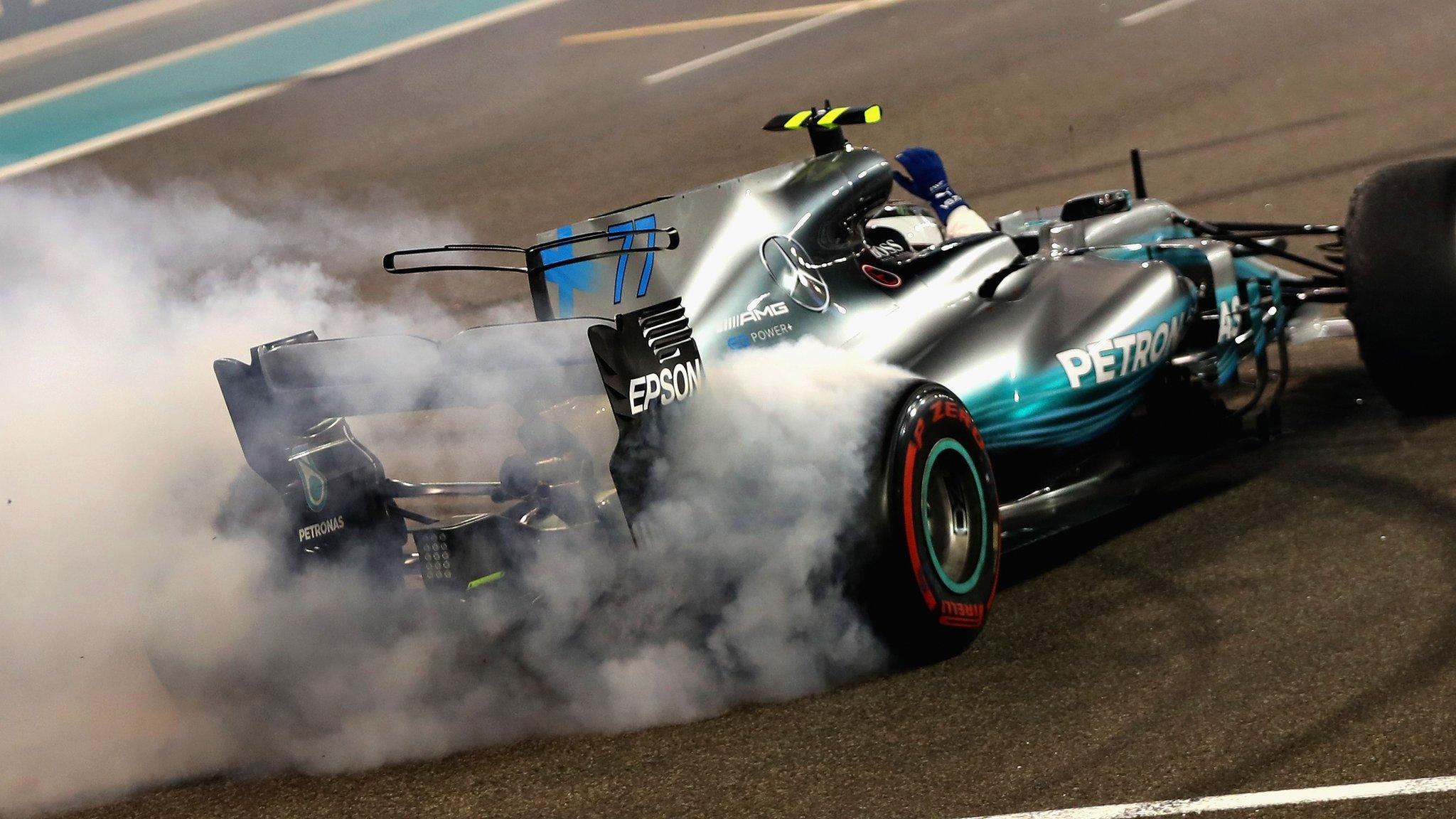
- Published25 November 2017
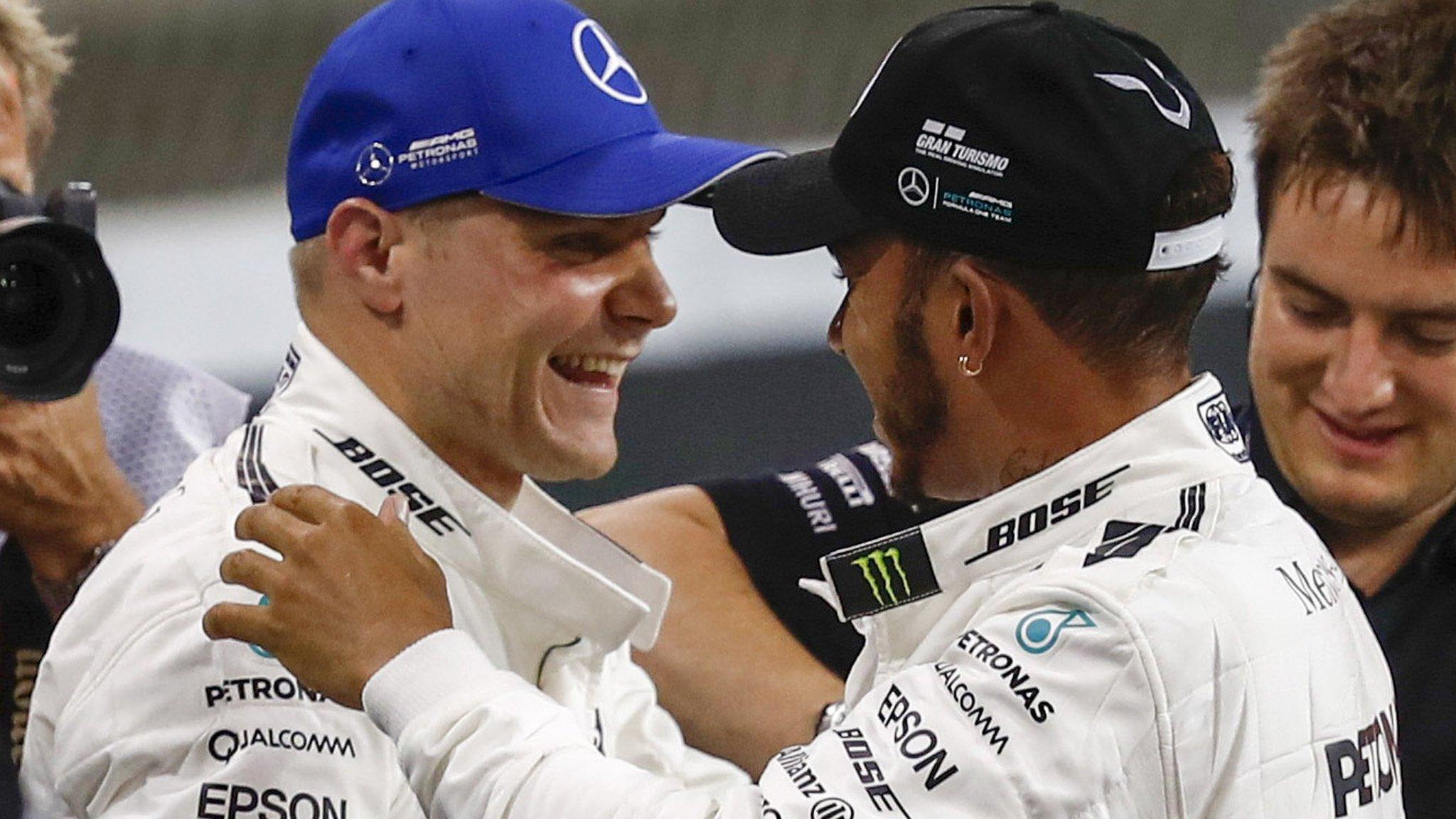
- Published25 November 2017
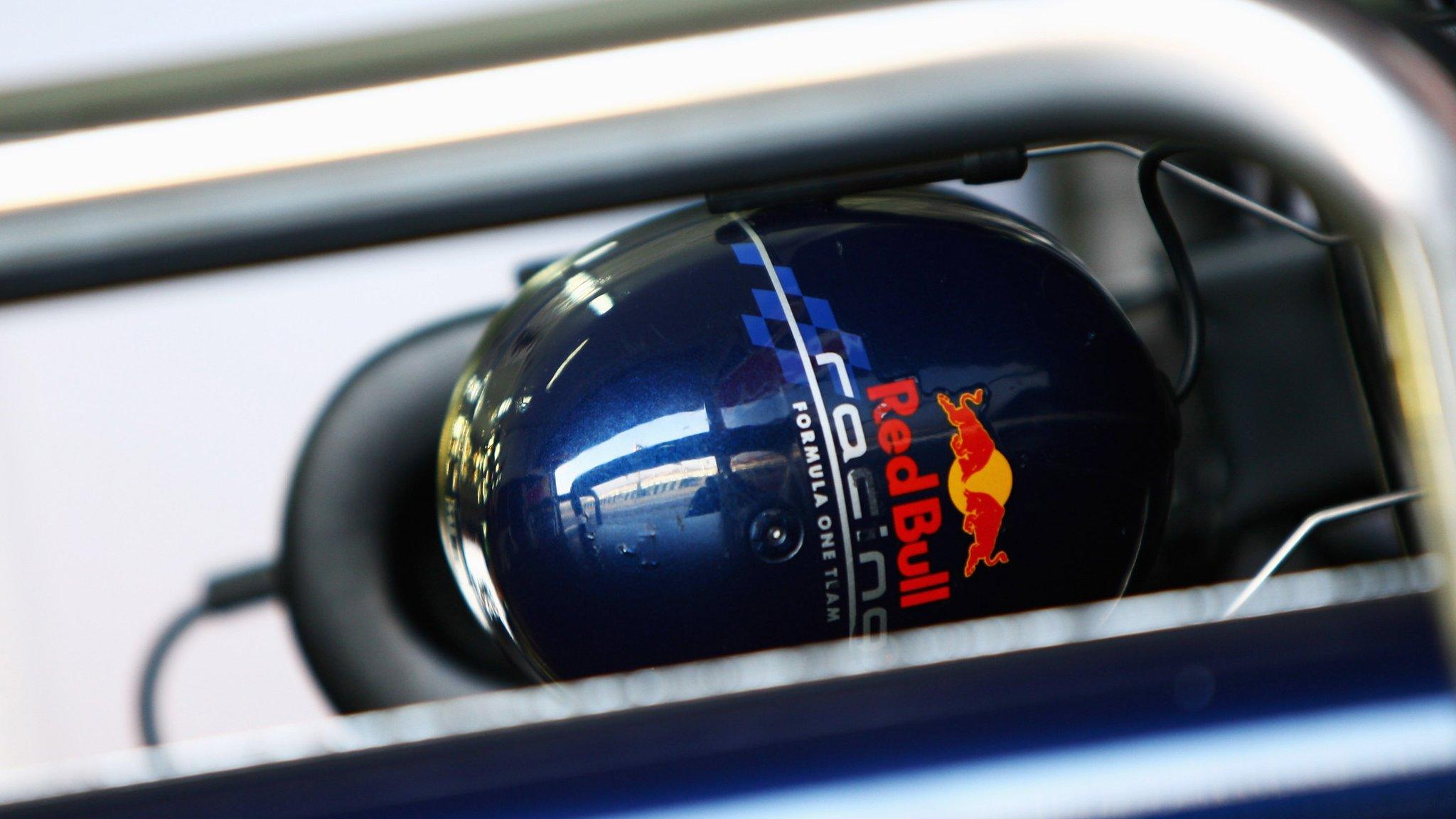
- Published25 November 2017
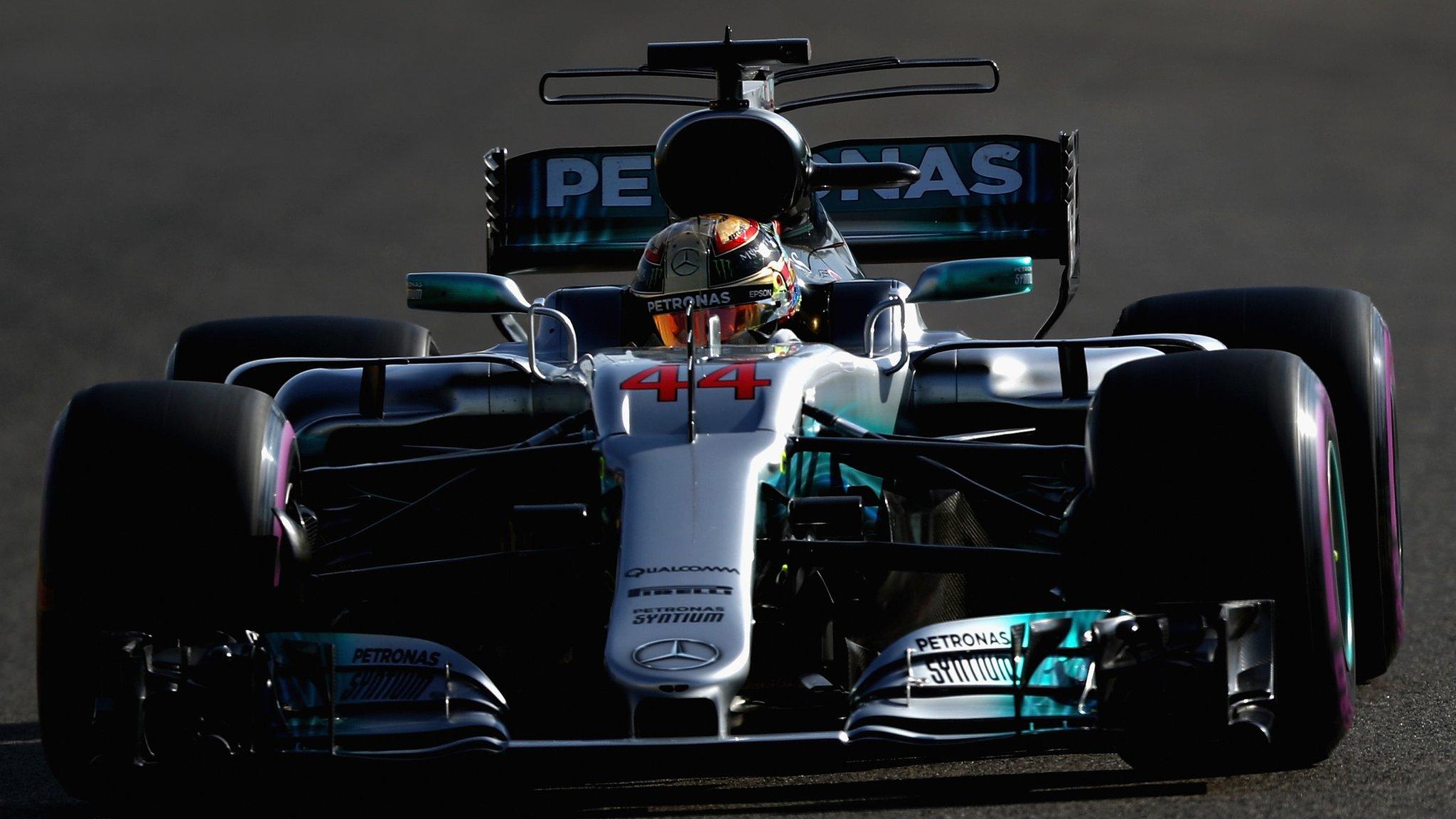
- Published19 November 2017
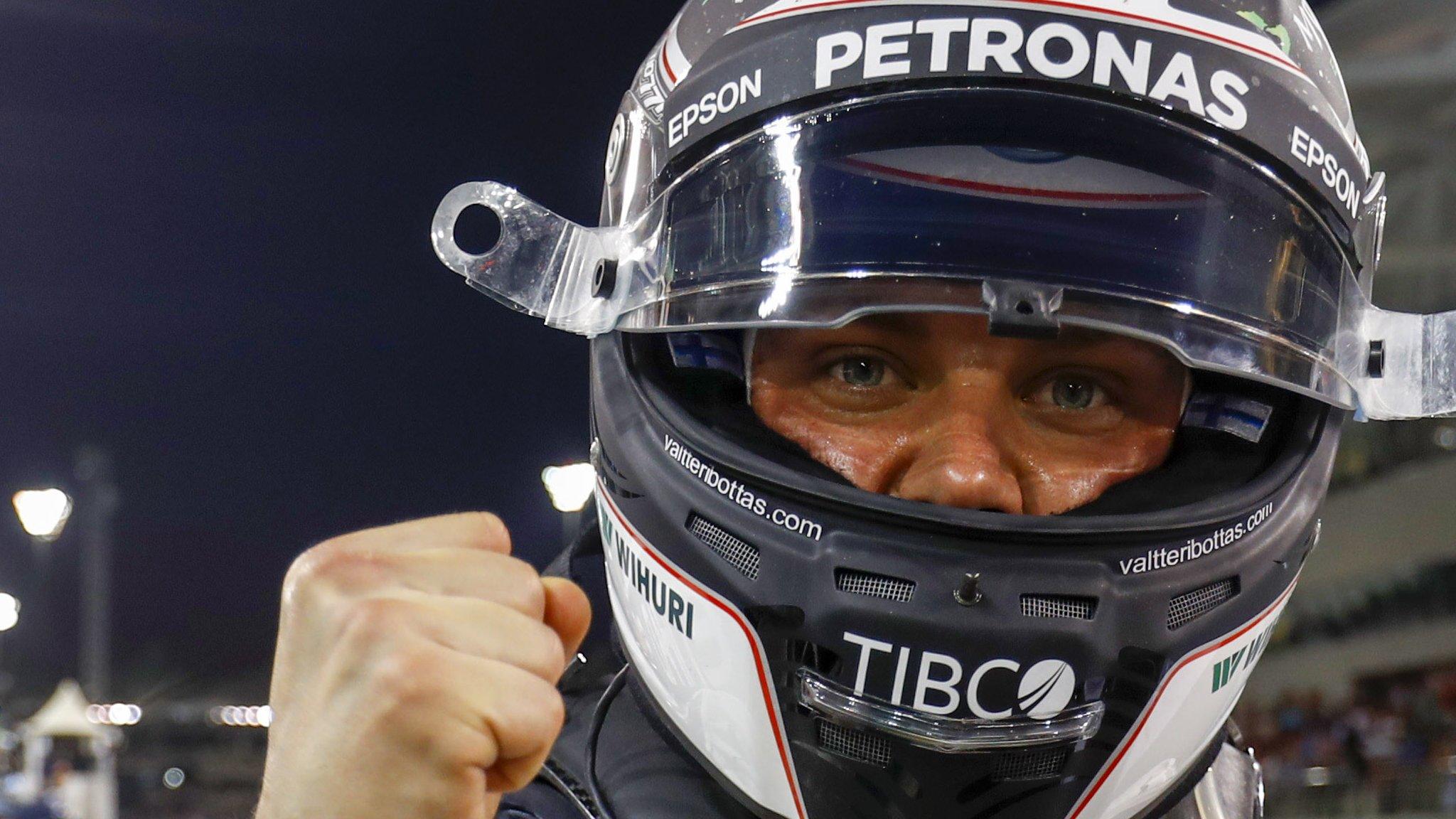
- Published24 November 2017
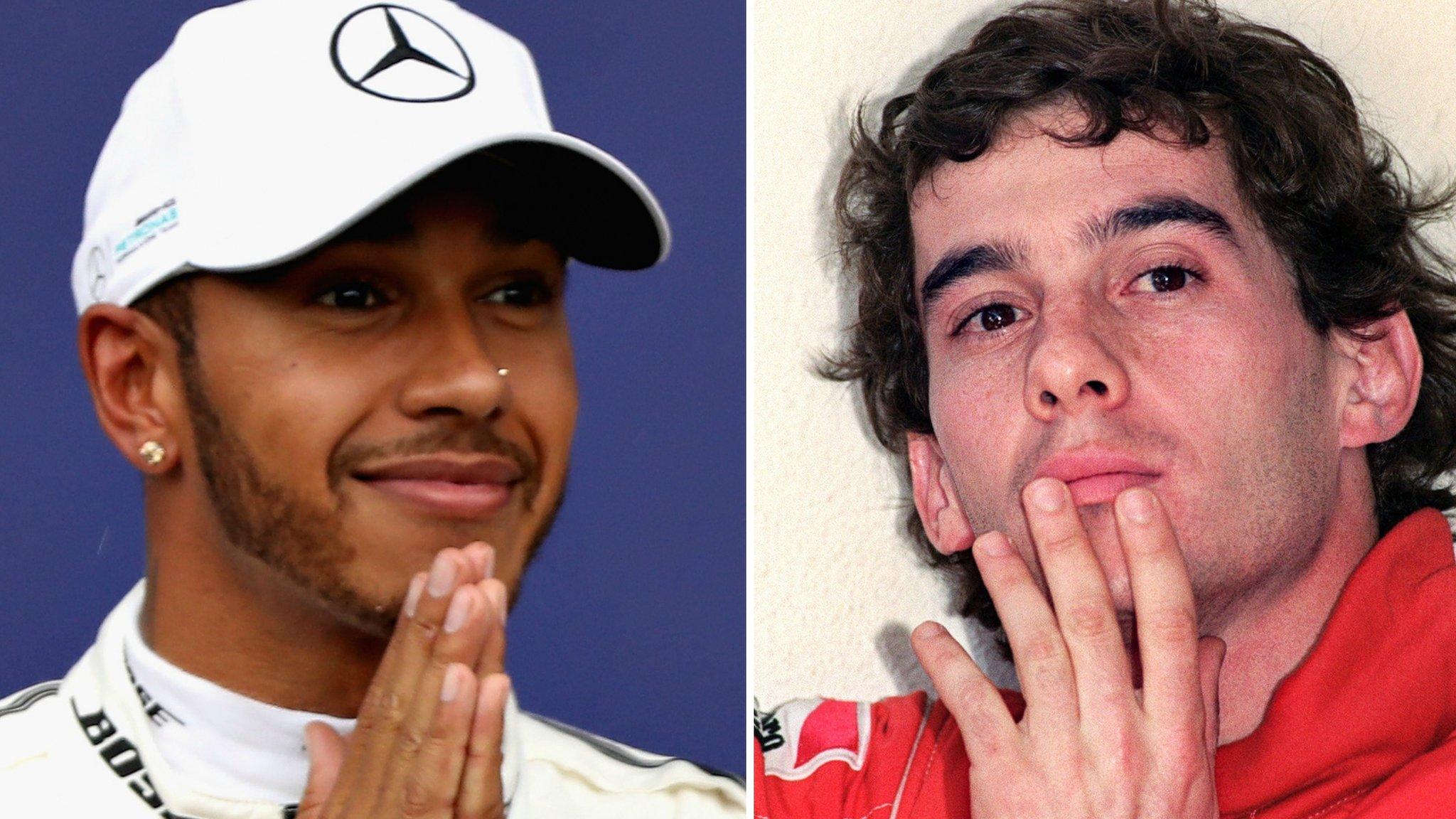
- Published24 November 2017
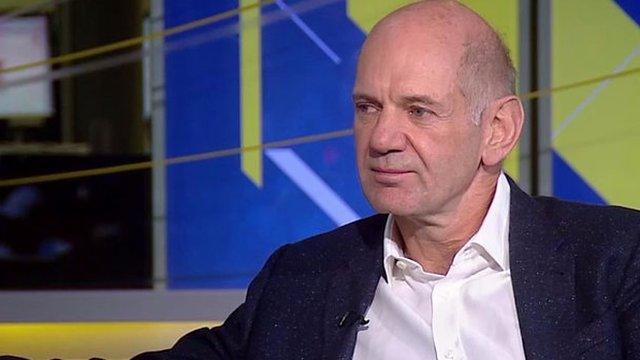
- Published24 November 2017
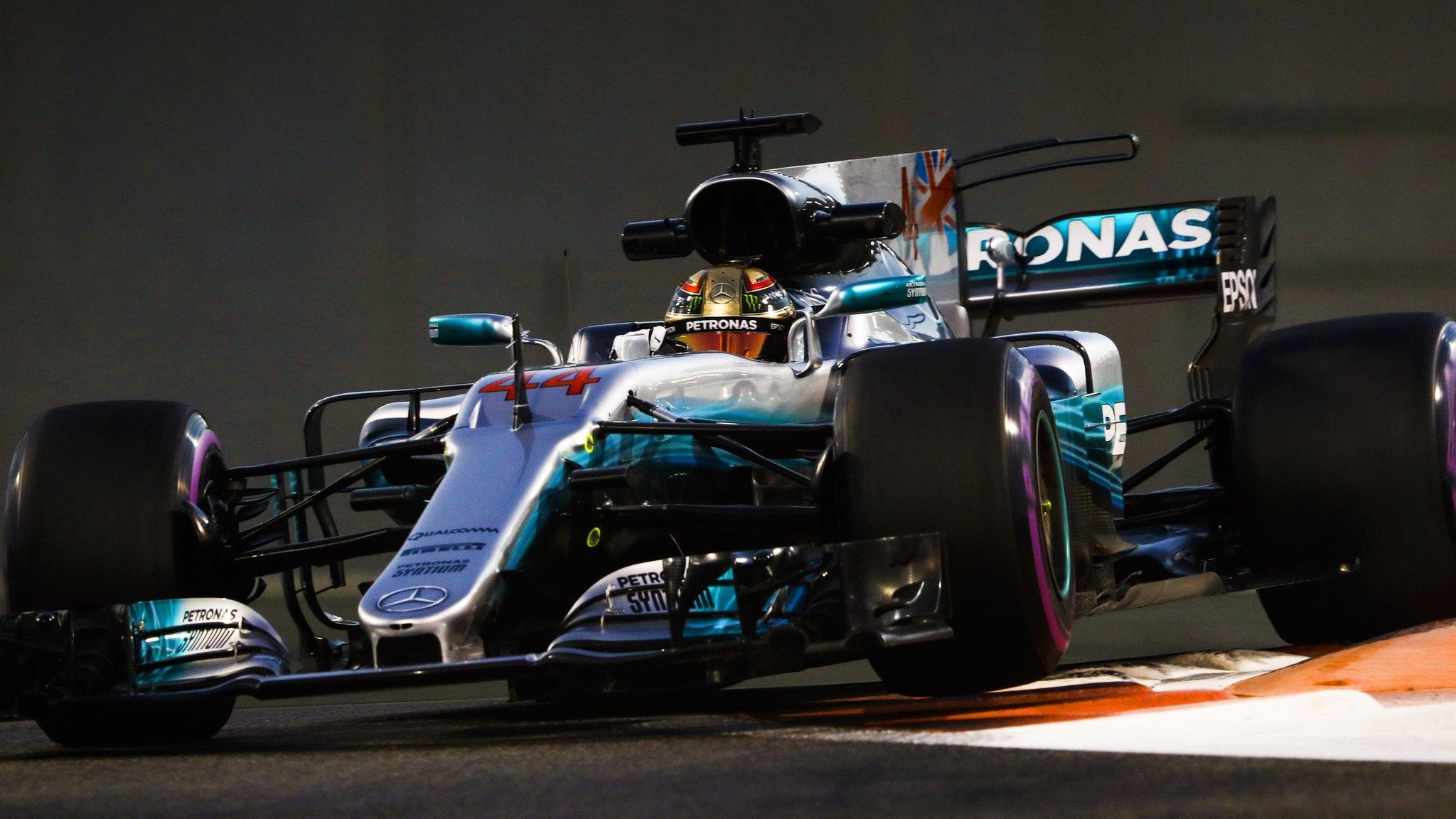
- Published18 November 2017
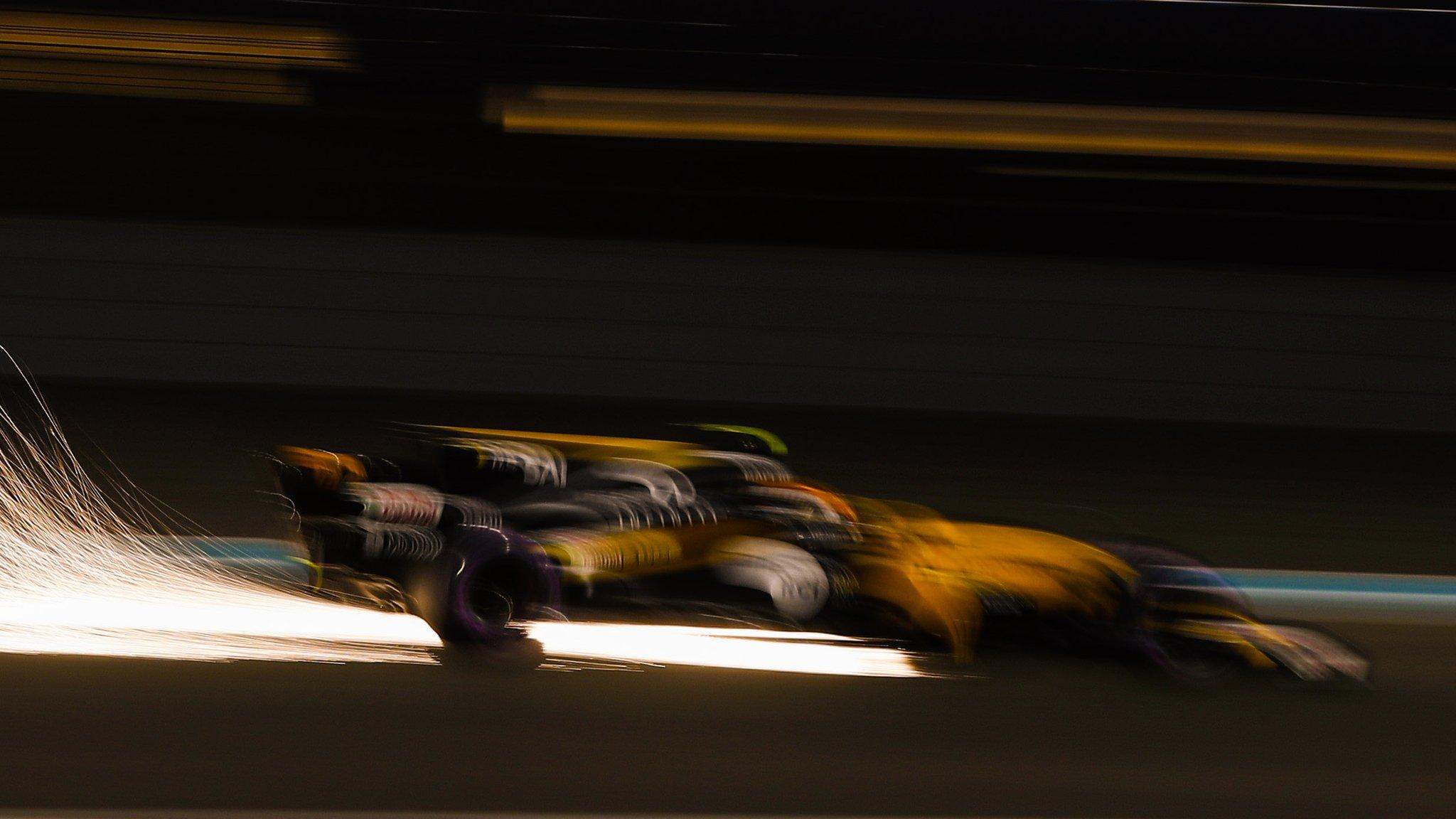
- Published24 November 2017
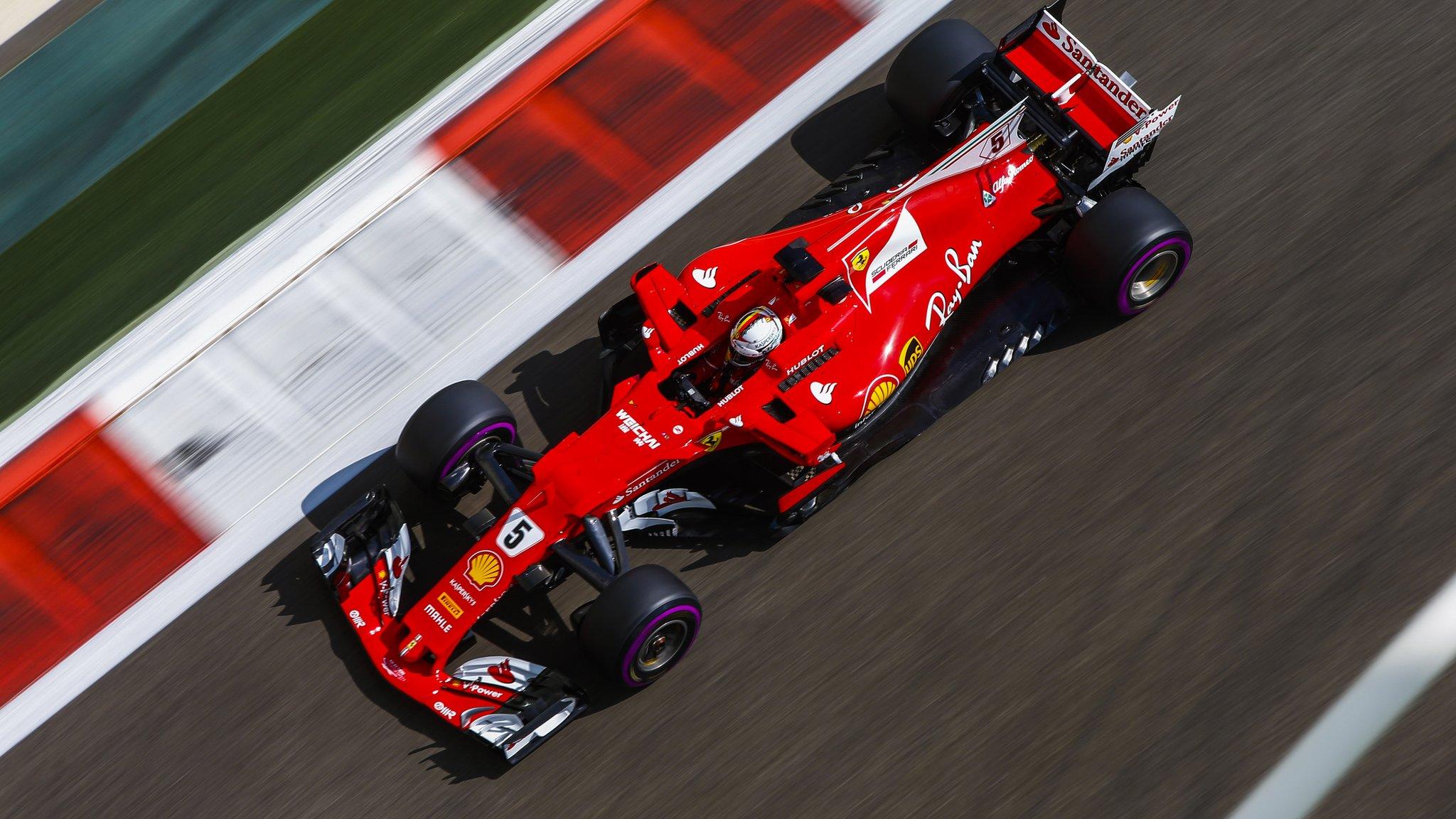
- Published25 November 2017
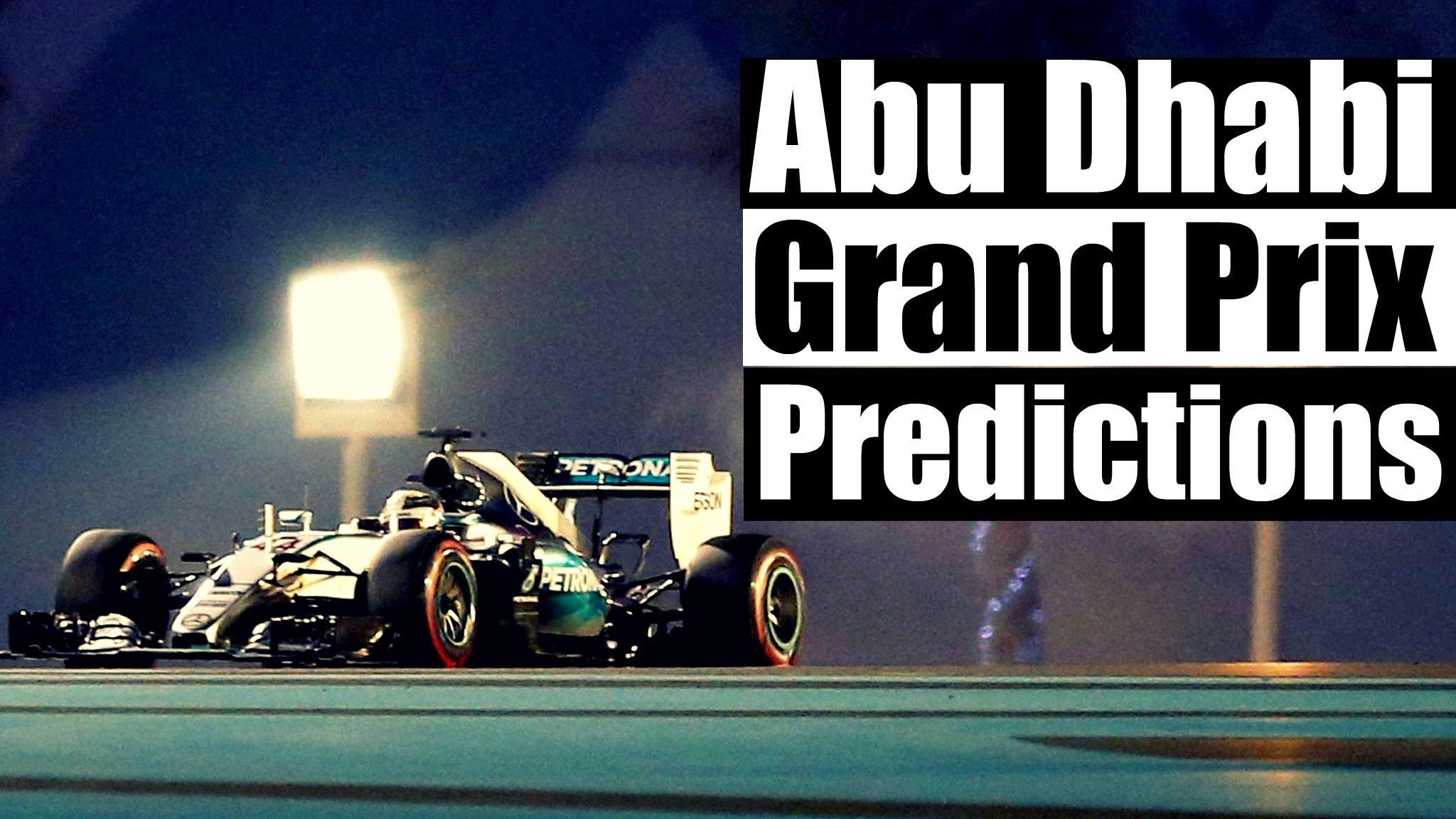
- Published21 November 2017
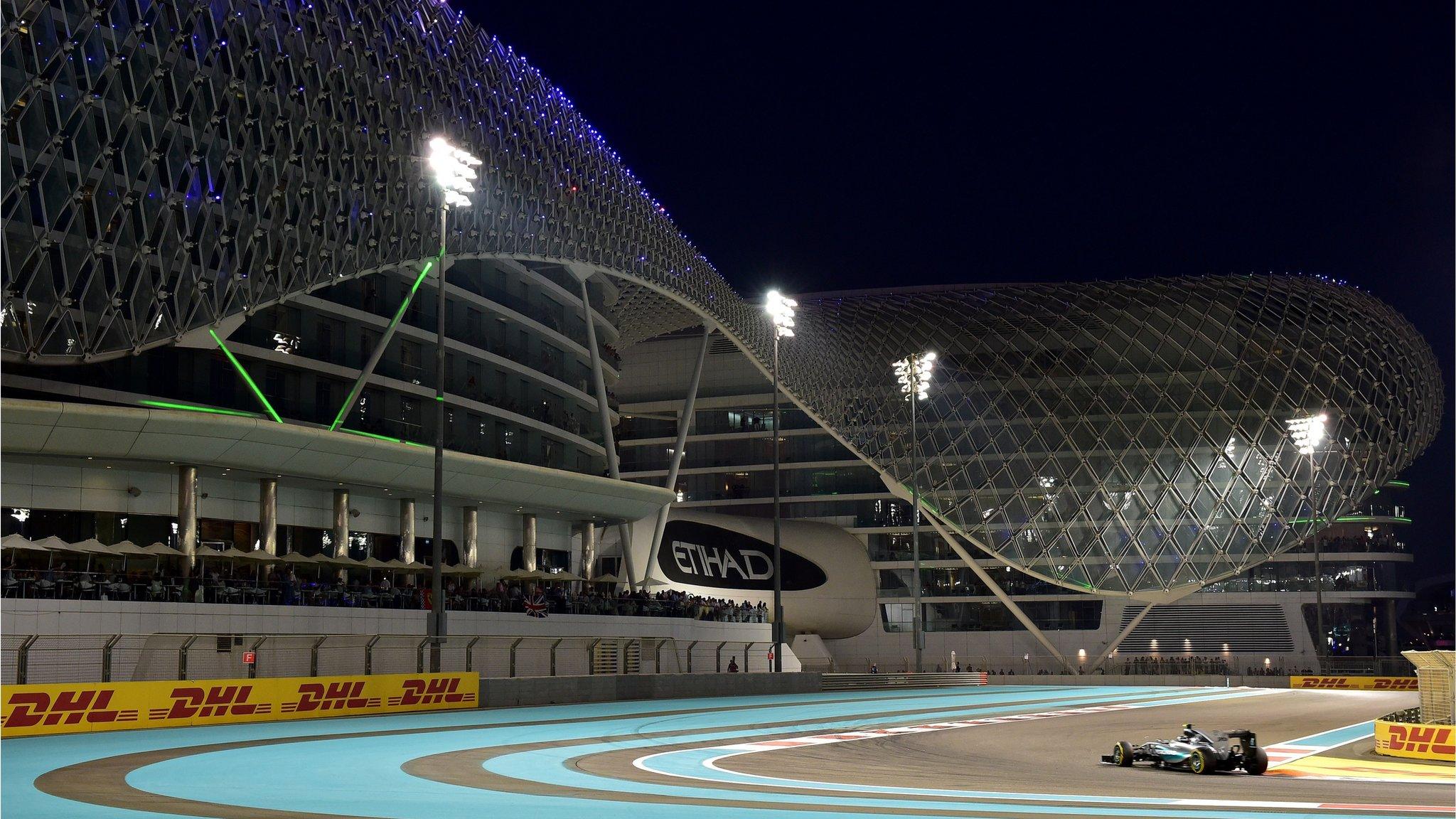
- Published23 November 2017
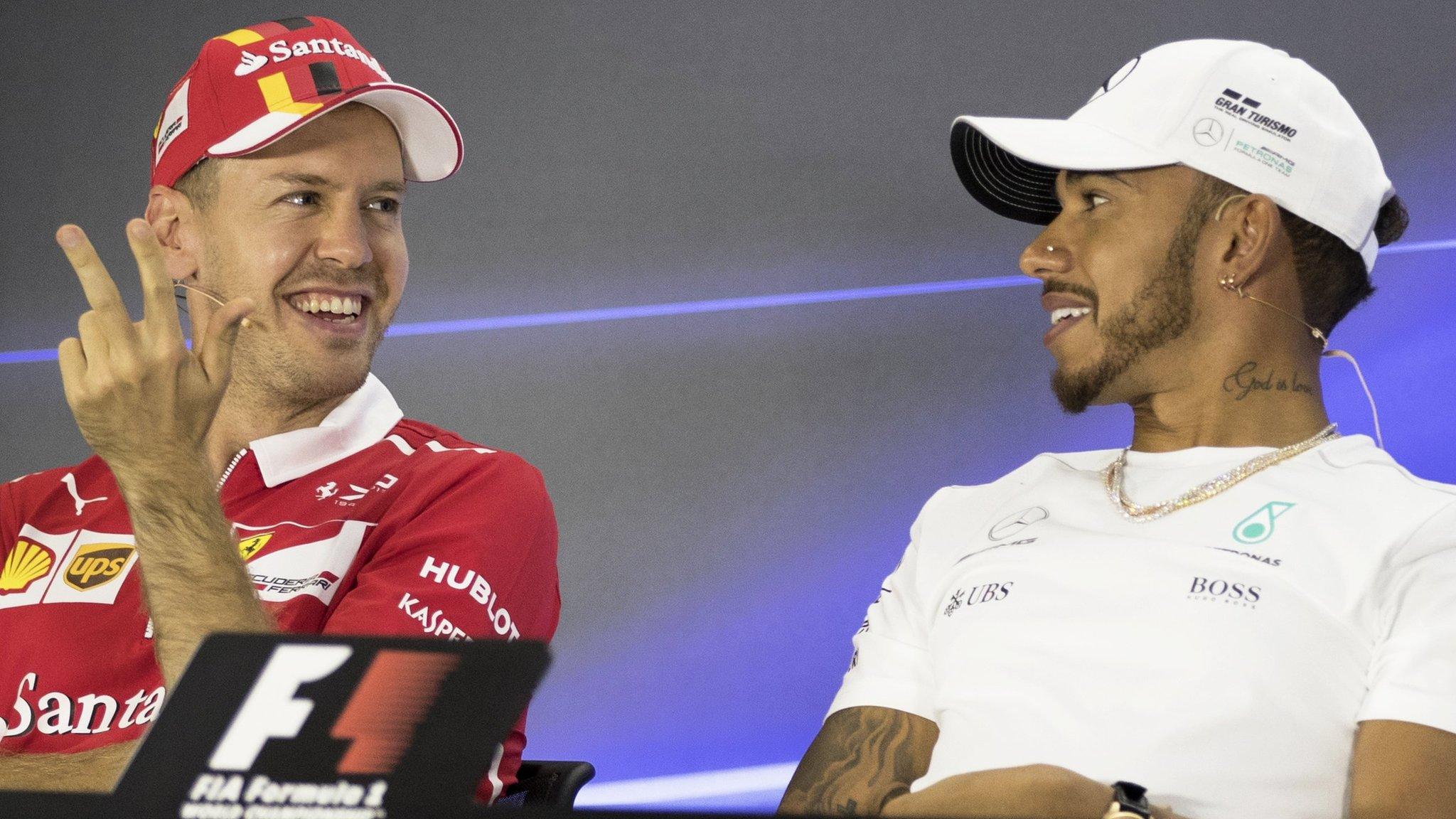
- Published22 November 2017
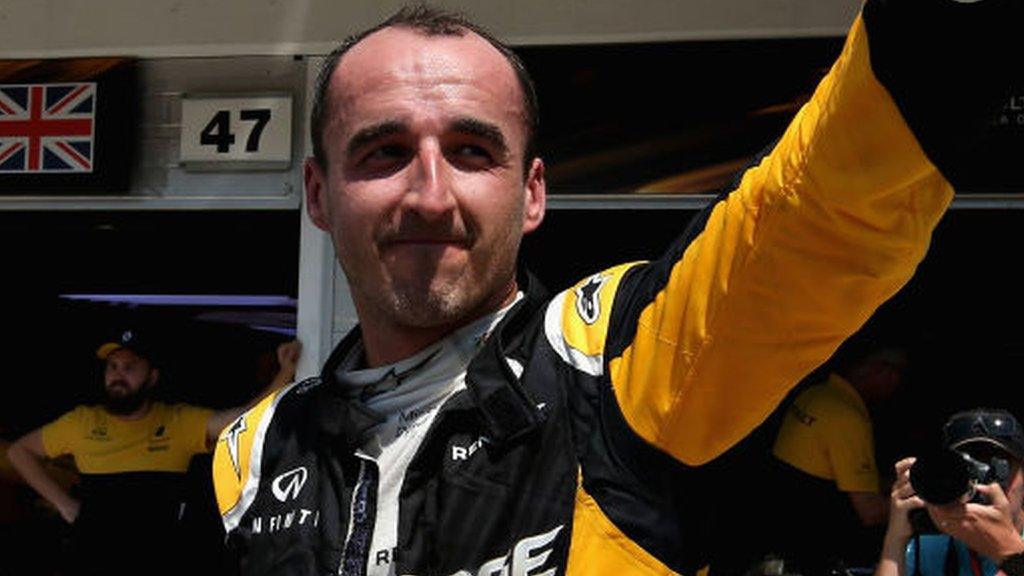
- Published17 November 2017
